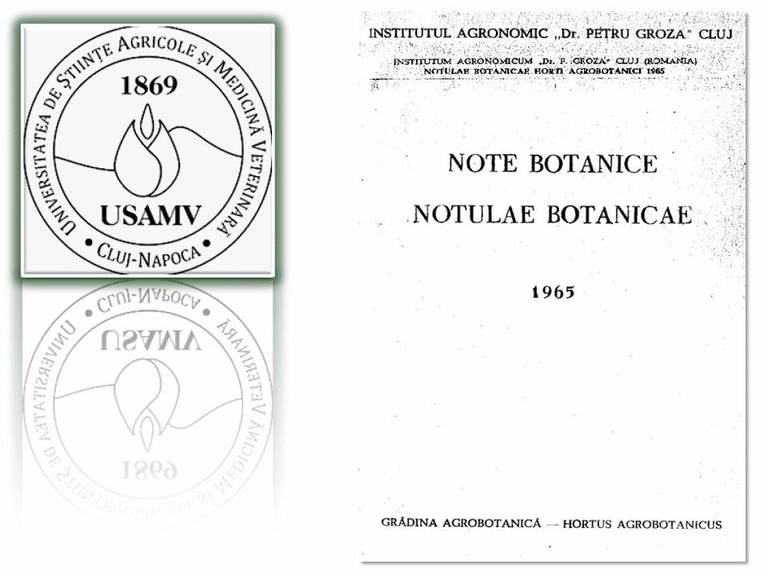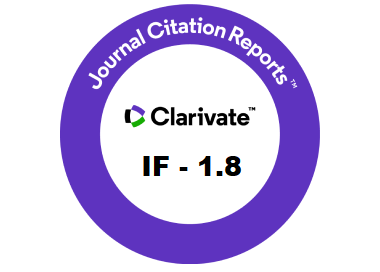Influence of Bulk and Nanoparticles Titanium Foliar Application on some Agronomic Traits, Seed Gluten and Starch Contents of Wheat Subjected to Water Deficit Stress
DOI:
https://doi.org/10.15835/nbha4119093Keywords:
gluten; starch; titanium dioxide; wheat; yield and yield componentsAbstract
Titanium (Ti) is a very interesting chemical element, especially physiologically. Although Ti is not toxic for animals and humans, its effects on plants show remarkable concentration dependence. Whereas for plants, it shows beneficial effects on various physiological parameters at low doses. This study was conducted to evaluate the effect of bulk and nanoparticles titanium foliar. Application on some agronomic traits, seed gluten and starch contents of wheat under water deficit stress conditions during 2010-2011 growing seasons. The experimental design was randomized in complete blocks arranged in split-split plots with four replications. The factors included normal irrigation, water deficit stress (irrigation withholding at two growing stages of stem elongation and flowering), two growing stages for water deficit stress induction and titanium applications, five titanium concentrations, sources including control of titanium oxide (bulk), and three concentrations of 0.01%, 0.02%, and 0.03% of titanium dioxide nanoparticles. Plant height, ear weight, ear number, seed number, 1000-seed weight, final yield, biomass, harvest index, gluten, and starch contents were assayed. The results showed that water deficit stress caused significant decrease in plant growth, yield and yield components. In addition, among the different titanium treatments, titanium dioxide nanoparticles at 0.02% increased almost all agronomic traits including gluten and starch content. Thus, the application of titanium dioxide nanoparticles under conditions of water deficit stress is recommended.
Downloads
Published
How to Cite
Issue
Section
License
Copyright (c) 2013 Amir JABERZADEH, Payam MOAVENI, Hamid Reza TOHIDI MOGHADAM, Hossein ZAHEDI

This work is licensed under a Creative Commons Attribution 4.0 International License.
License:

Open Access Journal:
The journal allows the author(s) to retain publishing rights without restriction. Users are allowed to read, download, copy, distribute, print, search, or link to the full texts of the articles, or use them for any other lawful purpose, without asking prior permission from the publisher or the author.











.png)







